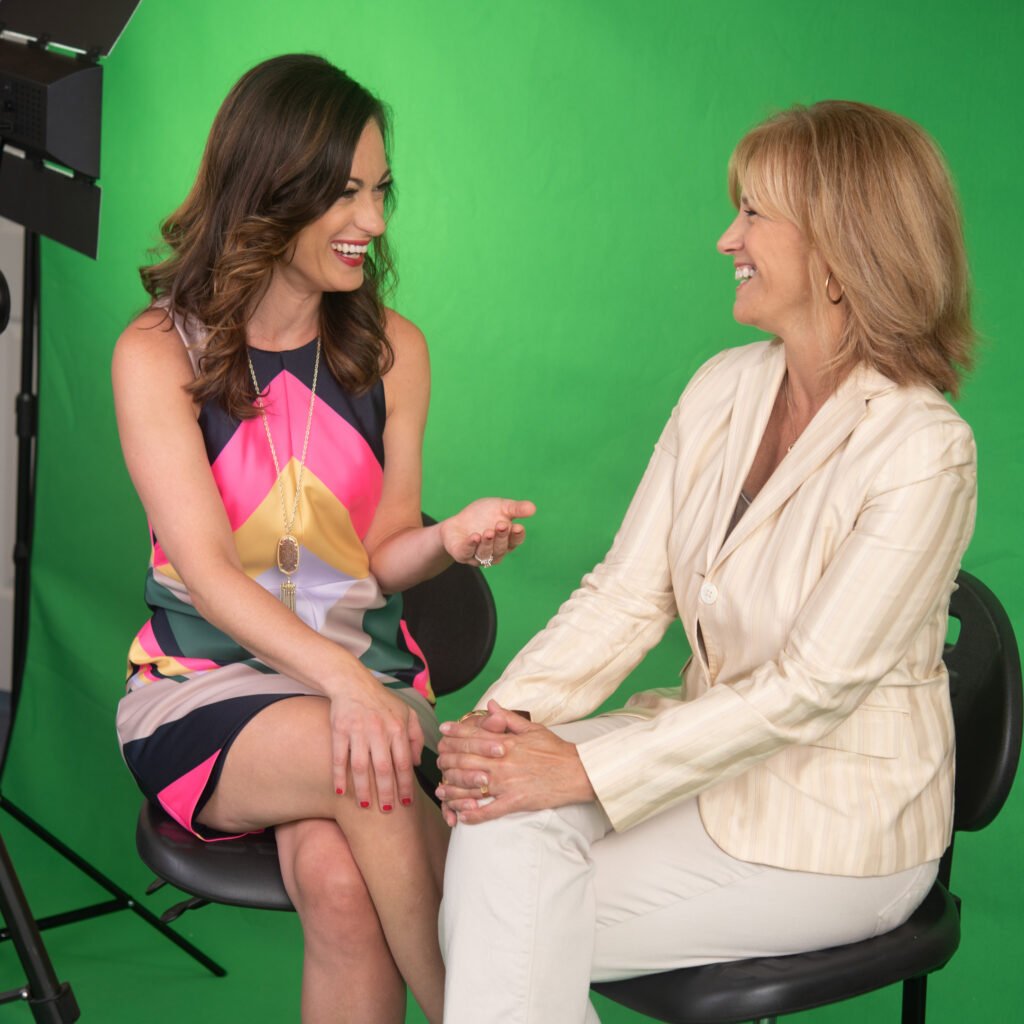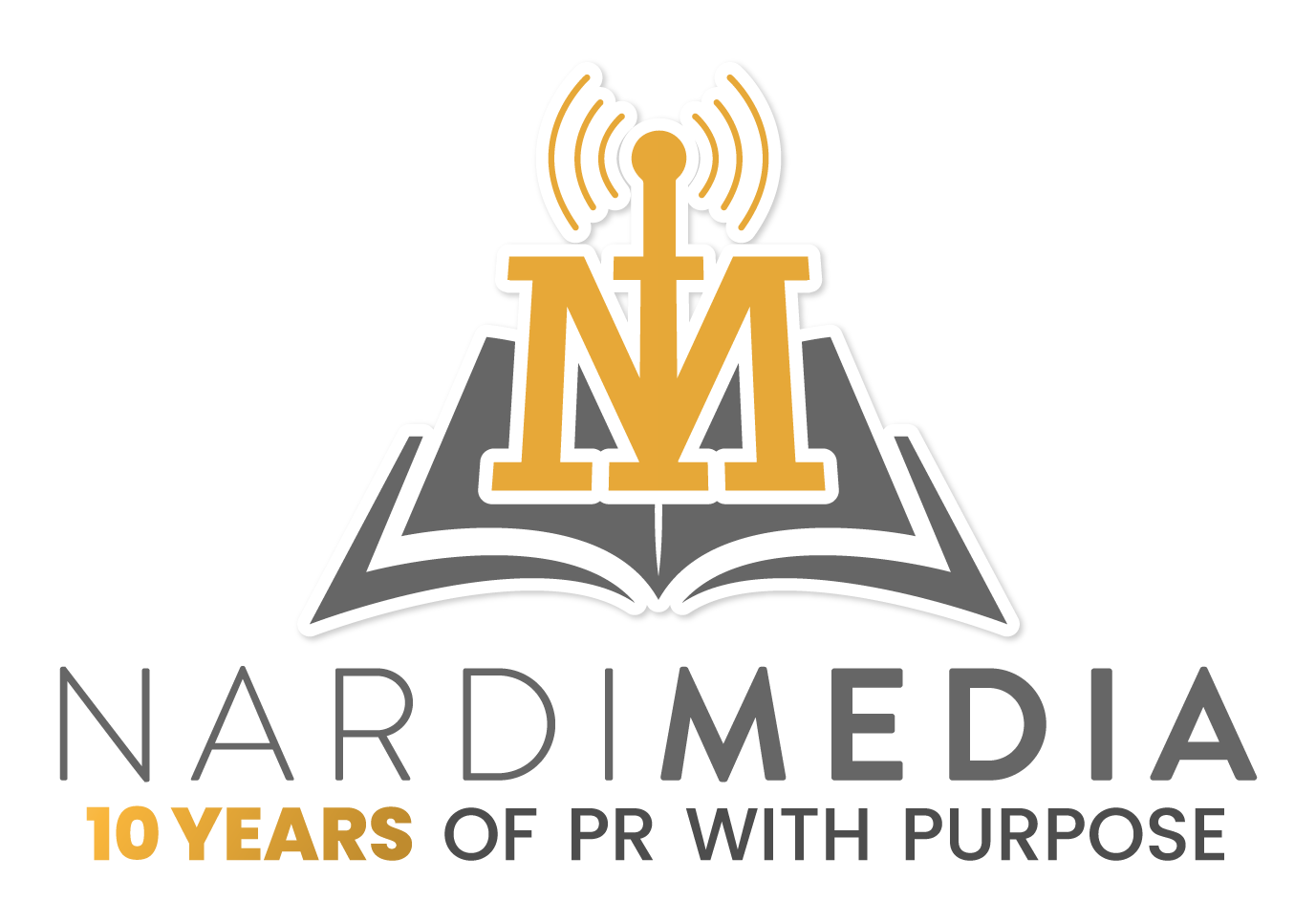When it comes to a media interview or speaking engagement, ensuring your message resonates with your audience is crucial (check out my blog post on ways to master your message HERE!). After all, you’ve worked so hard to craft your message – whether it’s for a product or service you’re offering or for that huge client presentation you have coming up – that you’ll want to make sure your delivery of it is worthwhile! This is especially true for a media interview, as the people watching or listening to your interview could be so impressed by what you’re sharing (the ultimate goal) that they become direct customers, brand loyalists, book buyers, and more.
 It’s been said that people will forget what you said, but they’ll always remember how you made them feel. However, there are very simple tactics anyone can use to make sure that you accomplish both in your next webinar, media interview, or client call. Here are my top four tips for getting people to remember what you’ve said, including strategic repetition, avoiding negative words, employing power words, and telling a story:
It’s been said that people will forget what you said, but they’ll always remember how you made them feel. However, there are very simple tactics anyone can use to make sure that you accomplish both in your next webinar, media interview, or client call. Here are my top four tips for getting people to remember what you’ve said, including strategic repetition, avoiding negative words, employing power words, and telling a story:
- Strategic Repetition: When I am media training book authors, you’d be surprised by how many times they forget to mention the name of their book in a mock interview! If you’ve published a book, don’t forget to mention your book title in an interview, and do so often! Psychological studies have suggested that repetition can have a positive effect on someone’s reception of and agreement with a persuasive argument. The use of repetition creates a greater familiarity with the message and leads to a gradual agreement if the intensity of repetition is gradual itself. Repetition is the key to retention, so the more you repeat it, the more likely people will remember it!
- Avoid Negative Words: Refrain from using any negative language during an interview. This helps eliminate uncomfortable follow-up questions and more negative questions, while also helping to avoid any forced, emotional responses. People are always surprised when I tell them that even the word “no” is negative. Phrases such as “I can’t”, “I won’t” or “I’ don’t” can diminish credibility and can also cause message confusion, discomfort, and defensiveness – three things you definitely want to avoid while being interviewed. Keep it to positive words, and you’ll be more likely to be remembered, while also getting your message across.
- Employ “Power Words”: These are words that help you to energetically move away from whatever is being talked about. They move the conversation forward in a constructive and positive way. Try practicing using power words such as “motivated”, “excited”, “proud”, “prioritize”, “fascinating”, “critical” in sentences that you use every day!
- Tell A Story: The best way to make yourself relatable to the reporter, and in turn, to the audience that will be watching or listening to your interview, is to tell a story. People listen to stories. Why? They want to know the outcome of stories. Stories are relatable, understandable, and useful. Stories have lessons. Rambling facts or data only force a reporter to construct a story on his/her own, and likely won’t produce your desired outcome. If you’re not sure where to start, pick one thing you are proud of about the work you do and start there. I bet that will lead to a meaningful and specific story.
Utilizing these tactics for your next media interview is bound to make the delivery of your message worthwhile. Not only will your audience remember what you said, but they’ll also remember how you made them feel. These tools will help your interview resonate with the people watching or listening to it – the ultimate goal!
